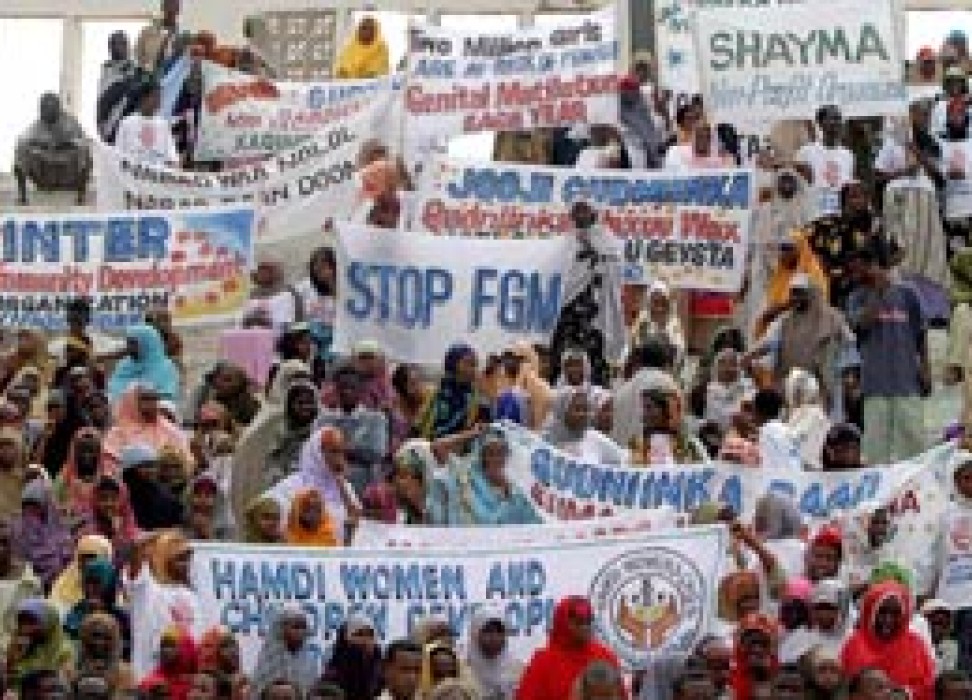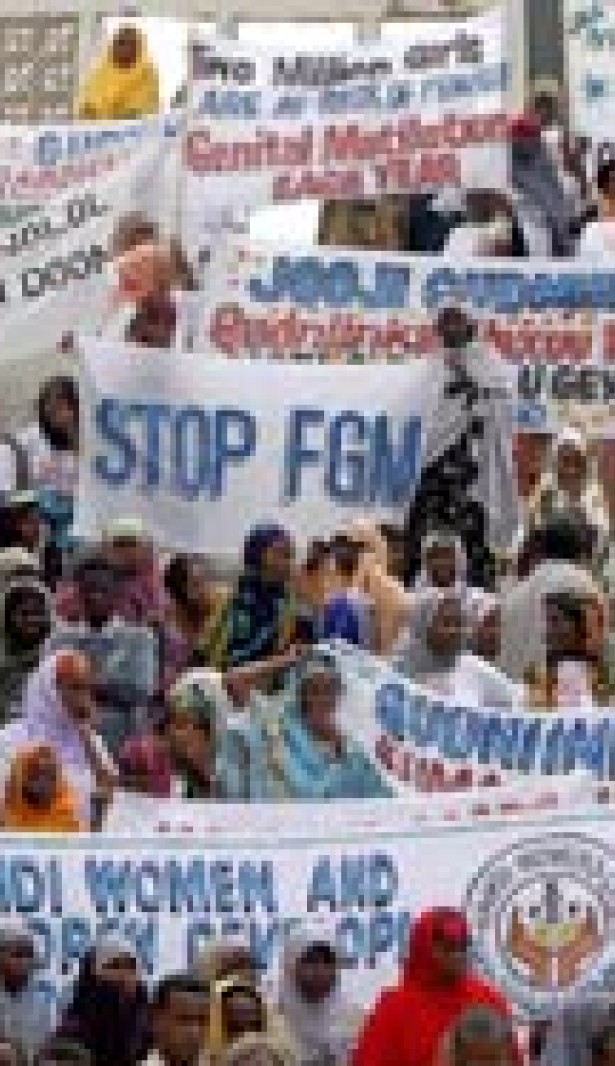‘A people driven constitution’ – building respect for human rights in Somalia
27 January 2012

The Somali Minister of the Interior and National Security, Abdisamad Mohamud Hassan encouraged participants in the Human Rights Audit workshop reviewing the framework, “to critically and constructively put forward their views on the human rights provisions of the Draft Constitution.”
“The Government is committed to making human rights the foundation of the transition for a new Somalia based on liberal and democratic values. However, implementation of human rights cannot be achieved by the Government alone and cooperation with the civil society and human rights defenders in the field of human rights protection and promotion is essential to make progress,” Hassan said.
More than 60 people attended the workshop in Mogadishu, including representatives from civil society organisations and human rights defenders. It was organized by the Human Rights Unit of the UN Political Office for Somalia with the Somali Ministry of Constitutional Affairs and Reconciliation. After three days spent auditing the Draft Constitution to assess the extent to which it addresses human rights principles, participants concluded that whilst it is generally compliant, there is work still to be done.
A final communiqué called for greater efforts to overcome what the group saw as a “lack of awareness among the general Somali public about the on going constitution-making process” and a “lack of confidence in the ongoing process due to a perception that it was not wholly Somali owned.”
Participants urged further reviews and audits of the Draft document with the active involvement of Somalia’s civil society groups and the general public and its wide dissemination across the country.
The final communiqué also recommended the inclusion of specific provisions in the Somali Constitution to protect women from a number of abuses including, rape, forced marriage and other forms of gender-based violence. Referring to “historical injustices” the workshop participants wanted women, children and other vulnerable groups offered greater protections, more elaborate provisions for affirmative action and specific mention made of cultural practices which violate fundamental human rights including, the communiqué said, discriminatory practices relating to marriage, and inheritance and criminalizing female genital mutilation.
The communiqué recommended the involvement of Muslim scholars in further reviews and audits of the Draft to ensure the Constitution is compliant with Shariah law and to counter the perception by some in Somali society that a “man-made” constitution, rather than a religious framework, is not acceptable within the Somali Muslim context.
Following the workshop, the first National Constitution Conference, held in late December agreed that the Final Draft of the Somali Constitution should be finalized by 20 April this year. The Conference, convened by the Somali Transitional Federal Government, hosted by the Puntland Government and facilitated by the United Nations agreed a timetable for adoption of the Constitution and the convening of Somalia’s first bi-cameral Parliament later this year.
27 January 2012

